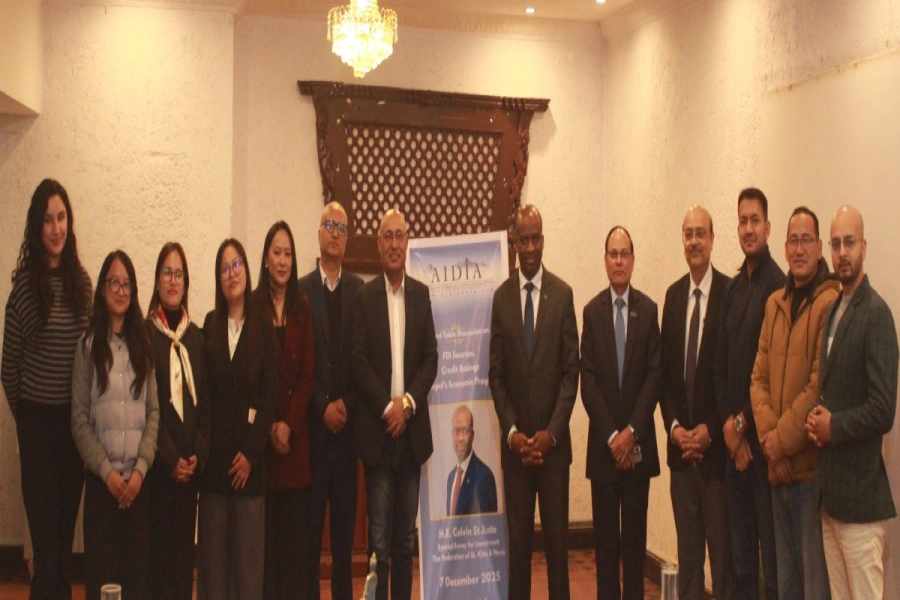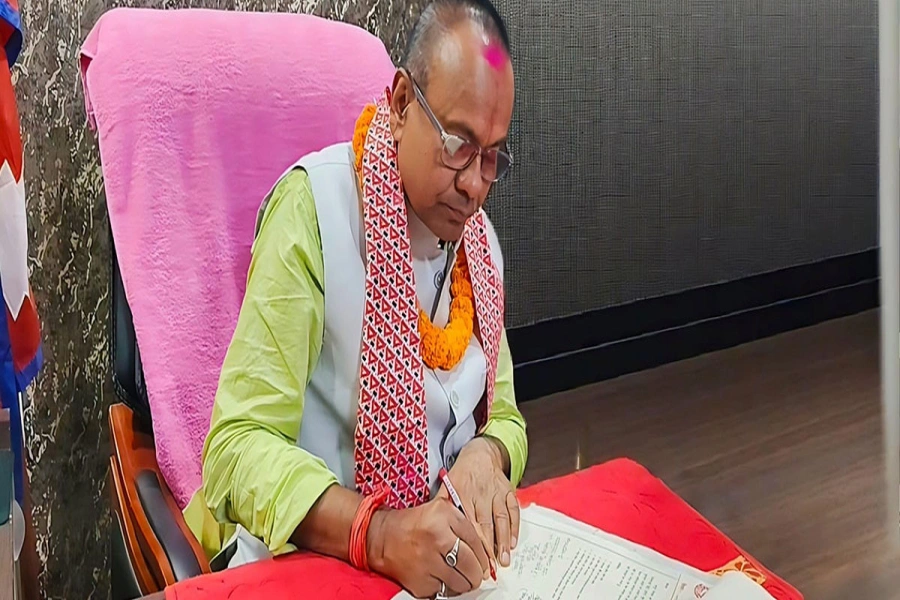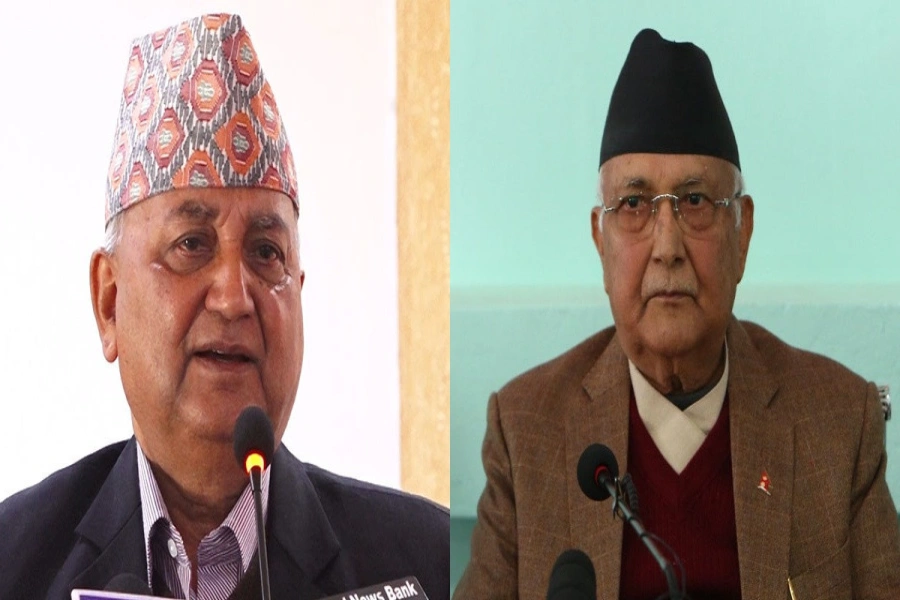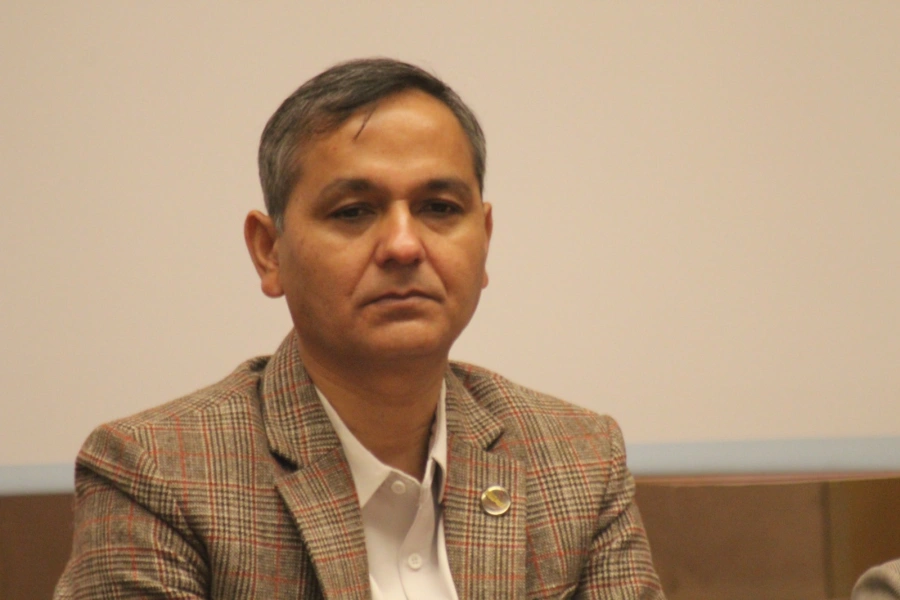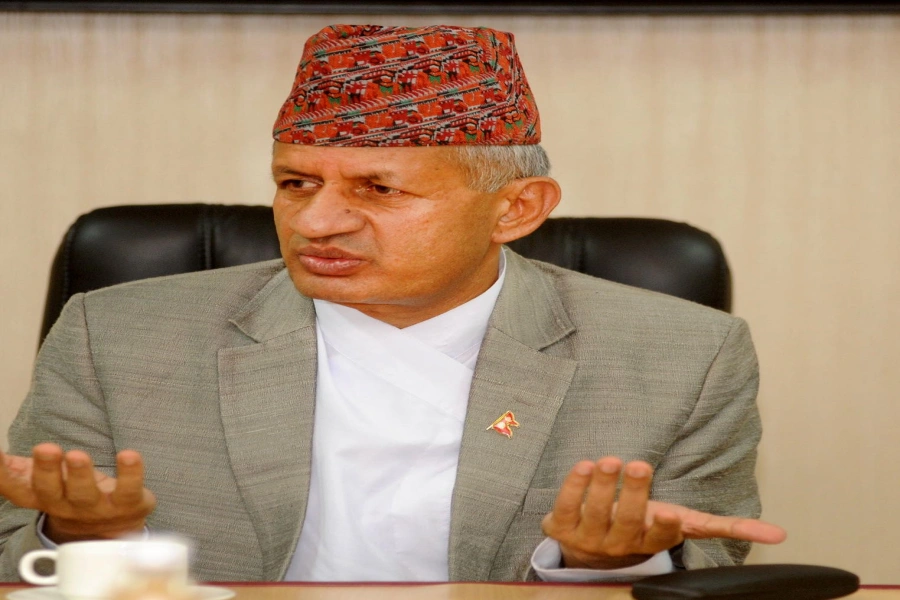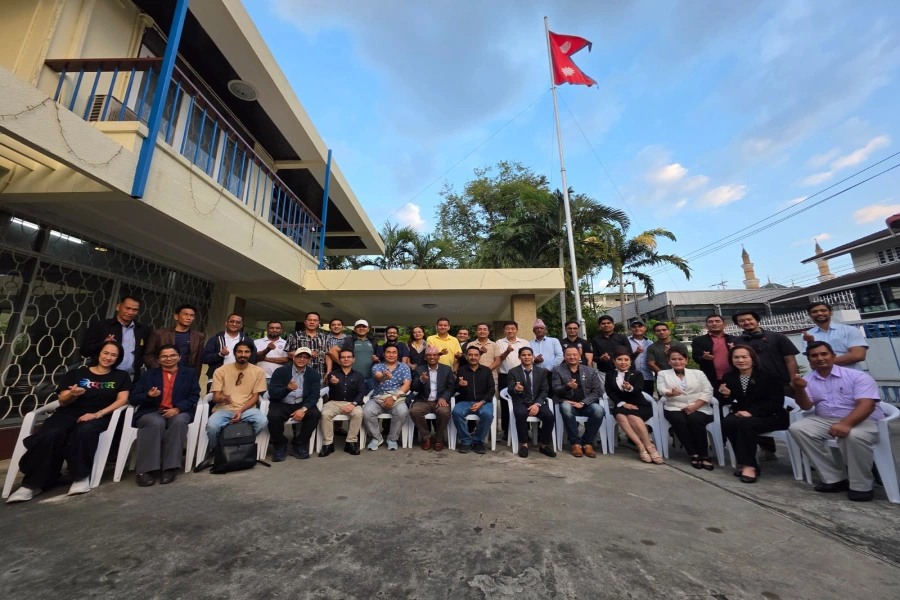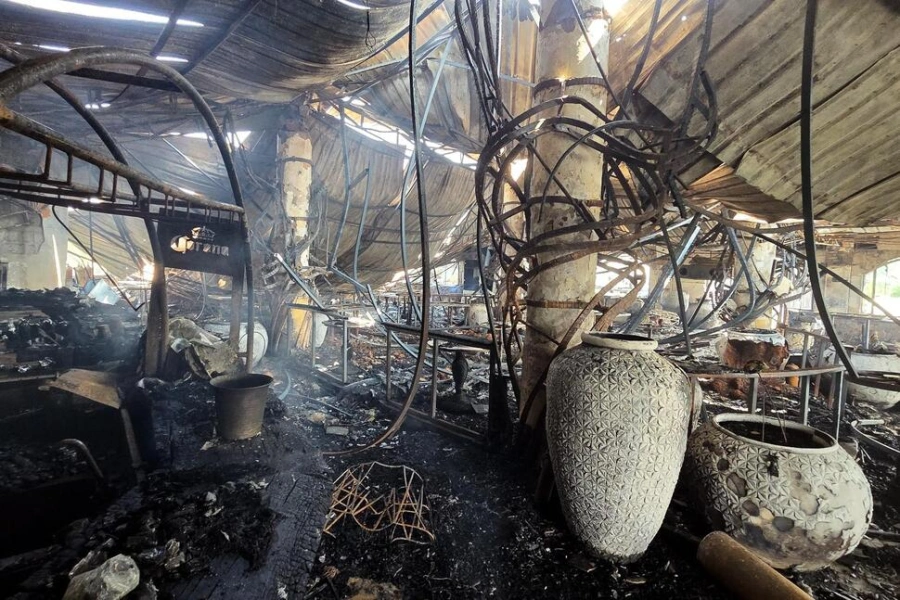KATHMANDU, Jan 20: Prime Minister Pushpa Kamal Dahal 'has urged the global north not to walk alone on journey of prosperity. PM Dahal said it while addressing the 19th Summit of Non-Aligned Movement (NAM) under the theme of 'Deepening Cooperation for Shared Global Affluence' in Kampala, Uganda, on Friday.
"Global north must understand that it is not only unethical and immoral but is also unsustainable to leave half of humanity excluded from the journey of prosperity," PM Dahal reminded. Similarly, he viewed NAM must stress on the economic development and prosperity of its members through the timely achievement of the 2030 Agenda for Sustainable Development and other Internationally Agreed Development Goals.
"To overcome the resource deficit, along with North-South and Triangular cooperation, we should also enhance South-South cooperation as many fellow NAM members have made significant progress both in socio-economic development as well as technological advancement," PM Dahal stated, adding that NAM should accord high priority to addressing the institutional and capacity constraints being faced by developing and least developed countries on ‘Science, Technology, and Innovation’, which have become a game changer in today’s world.
South Korea warns North not to repeat armistice violation

Moreover, the PM sought NAM's role in reforming the United Nations. "Our multilateral institutions should be inclusive, transparent, and democratic to ensure enduring peace and shared prosperity," he underlined. He also reminded NAM's role to address common and contemporary challenges we are facing. "I bring the message of peace from the birthplace of Gautam Buddha for the success of this Summit at a time when peace is much needed element for shared prosperity," he shared in the event.
He also expressed sincere gratitude to the Government and the people of the Republic of Uganda for the warm welcome and generous hospitality extended to us since our arrival to this beautiful city of Kampala. "I join fellow leaders in acknowledging the commendable work of the outgoing Chair, the Republic of Azerbaijan, for successfully hosting the 18thNAM Summit and advancing the Movement despite the challenges posed by the COVID-19 pandemic," he said, reminding that NAM has come a long way since 1955 when the Bandung Afro-Asian Conference was held, and the seed of NAM was sown.
According to him, the Movement had been instrumental in achieving political independence, freedom, decolonization, and sovereignty for many countries in the world. It has remained a beacon of hope for our dignity, pride, solidarity, and cooperation. PM Dahal worried that though the NAM has continued to struggle for a just, equitable, inclusive, peaceful, and prosperous world order, today's world is full of injustice, inequality, division, discord, and exclusion.
Protectionism, violent extremism, and war and conflict are on the rise, while military expenditures and the arms race are soaring, he lamented. COVID-19 causes deprivation, destitution "Since the last Summit, enormous challenges befell humanity with deaths, deprivation, displacement, and destitution of millions of people due to the COVID-19 pandemic, among others," Dahal reminded.
He explained that post-pandemic recovery remained slow, skewed, and uneven, hitting hardest the poorest and weakest segments of society. This is further exacerbated by the triple planetary crisis. Similarly, the attainment of Sustainable Development Goals, which are critical to our people in ushering in an era of hope, dignity, and decent life, seems mission impossible. As he argued, the global financial architecture must be reformed to enable countries in special situations to secure finance in achieving their development visions and goals.
To provide development justice to these countries, the developed countries must fulfill their financing commitment without delay. Fair trade must Similarly, international trade must be just, fair, and inclusive which benefits the bottom billions. Globalization, as we believe has not lifted all boats uniformly, rather it has increased income disparities and the concentration of wealth in the hands of few countries, he explained.
(RSS)





-1765184107.webp)

